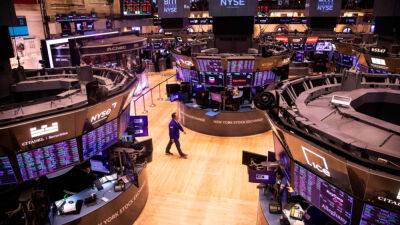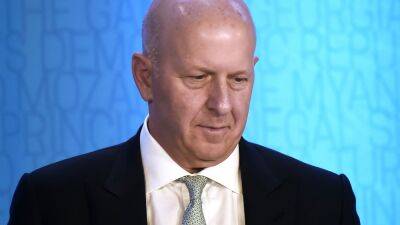What’s really behind the failure of green capitalism?
Last week, temperatures crested at 40C (104F) in England, bringing the climate crisis to the fore and spurring a fresh wave of dismay. How is it, despite a steady drumbeat of extreme weather events, a rising tide of public outcry, and growing consensus across the political spectrum, that the world remains so profoundly far from the outer limits of the climate targets considered “safe”?
The answer is increasingly located not in climate denial, but in a proliferation of non-solutions advocated by policymakers and business interests with varying degrees of earnestness and good intention, under the umbrella of “green capitalism”. These are proposals sold as urgent, pragmatic tools for cutting emissions or reversing ecosystem loss, but which in fact deliver neither.
Take sustainable finance. By some estimates, assets invested with some sort of environmental, social and governance (ESG) criteria now top $35tn, prompting enthusiastic proclamations that private investors, driven by rational self-interest, are delivering a greener future. For many, it seems one really can “do well by doing good”.
Unfortunately, this sense of triumph is based on little foundation. To begin with, criticisms of “greenwashing”, in which corporations and financial firms mislead customers and clients on the ecological or social credentials of their products, abound. Butthe problem cuts much more deeply than a few bad actors who bend the (typically voluntary) rules.Instead, the underlying motivation of ESG investing is not necessarily to achieve the “real world” positive outcomes. Rather the goal is to minimise exposure to risks – whether climate regulation or labour disputes – that could eat into financial returns.
For this reason, many ESG funds hardly
Read more on theguardian.com









![Solana [SOL]: Unraveling breakout potential of this reversal pattern - ambcrypto.com - Beyond](https://finance-news.co/storage/thumbs_400/img/2022/8/4/36025_9qwl.jpg)










